
COVID cases may be on the decline, but our nation’s hospitals are still taking a hit. Before the pandemic, emergency room departments were already overwhelmed. Then when COVID patients flooded the ER, other patients had to stay at home. Now, they’re sicker than ever as the health care industry deals with a massive worker shortage. Soledad talks to Dr. Lisa Morena-Walton, president of the American Academy of Emergency Medicine, about the lack of relief.
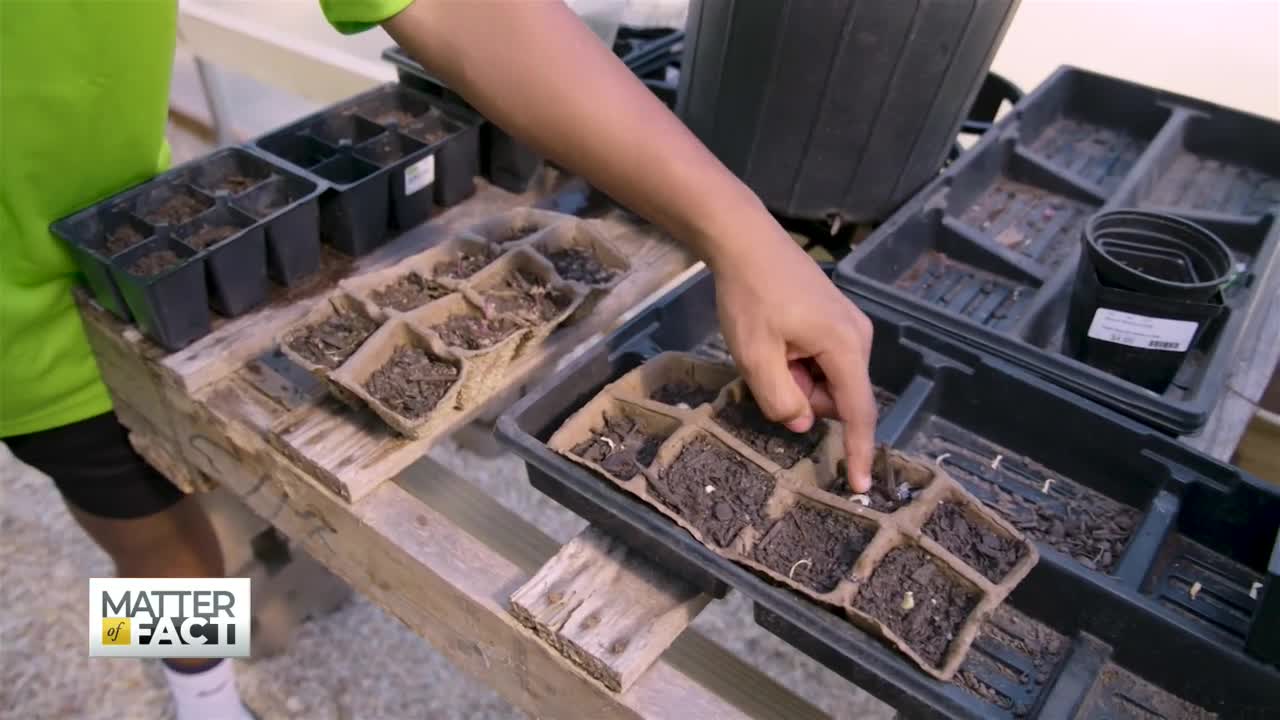
A program in Fayetteville, North Carolina is hoping to prepare today’s children to build a more sustainable tomorrow. Students at the Academy of Green Technology are learning not just about the climate crisis, but also concrete ways to make a difference in the environment. It’s led by Denise Renfro, a 2021 recipient of the EPA’s Presidential Innovation Award for environmental educators.
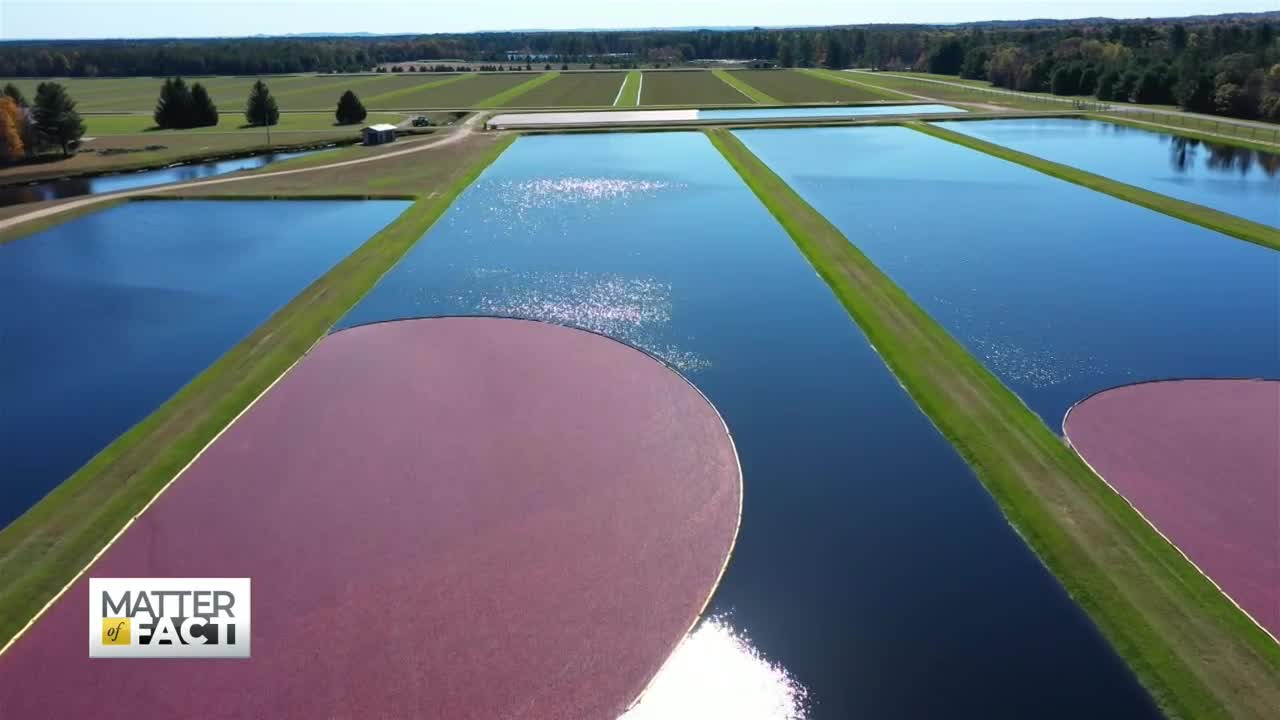
Women are bearing the brunt of the pandemic’s economic burden, especially women of color. At the start of last year’s shut down, women were more likely to leave or be forced out of the workforce. Now, there are new concerns. Women entrepreneurs say they’re seeing far less financial support during the pandemic. Special Correspondent Joie Chen traveled to Wisconsin to meet with a cranberry farmer who is the fifth generation to run her family’s business.

For the first time in more than a decade, the Supreme Court is poised to make a major ruling on gun rights. Justices are hearing a case that challenges New York State’s longstanding gun permit law. For more than a century, only residents who can prove they need a gun for self-defense in public are allowed to carry firearms outside the home. If the Court strikes the rule down, that could lead to more guns on the streets. It all comes down to whether Americans have a right to bear arms specifically in public. Soledad talks to constitutional law scholar and UCLA professor Adam Winkler about what justices will need to consider.
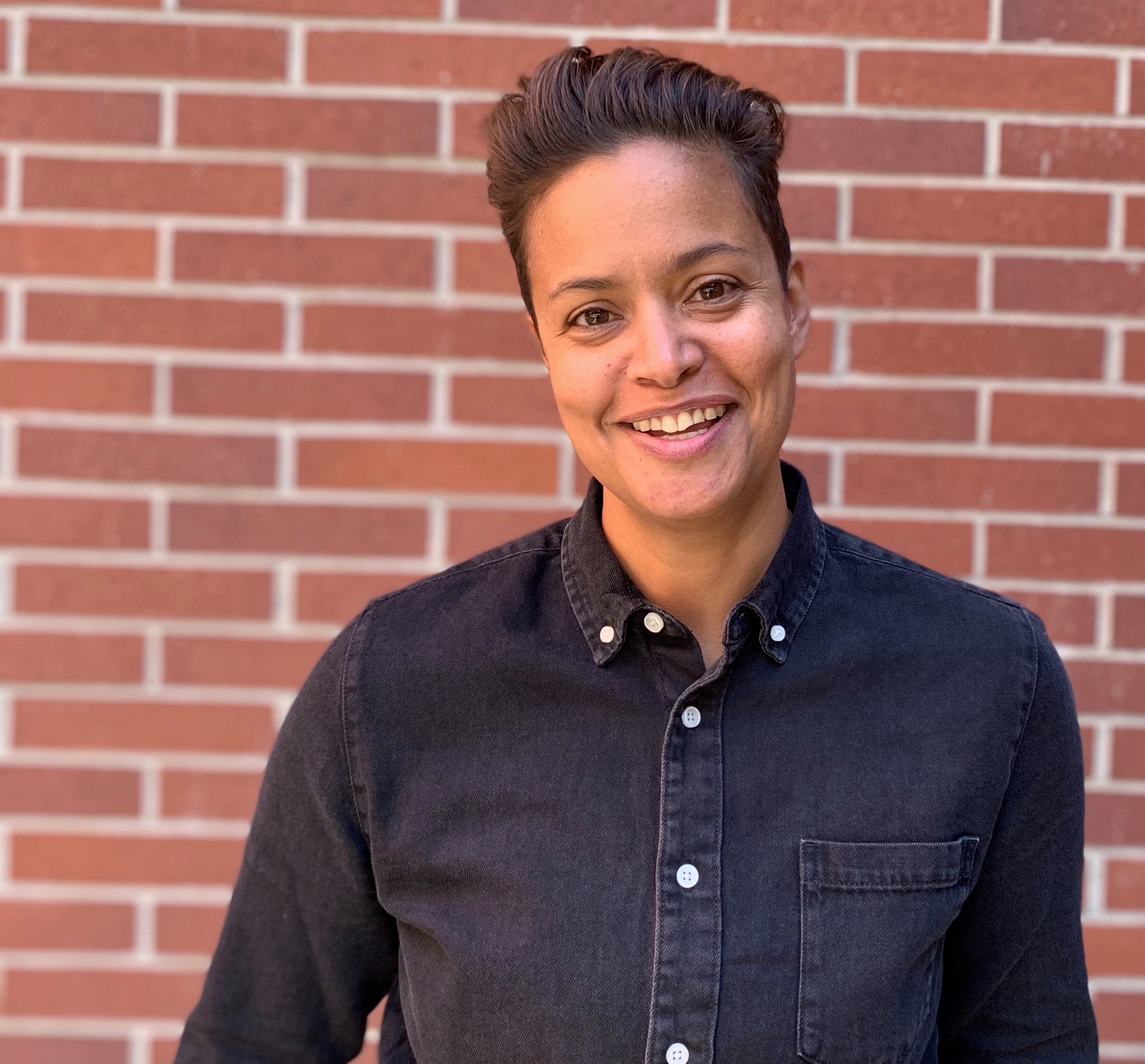
Jessica Mathies has been working in television for over 15 years. As a development executive in unscripted television, she was the creative force of original programming for shows like, OWN’s 2 Fat 2 Fly, UP TV’s hit series, Expecting, and Investigation Discovery’s, The Last Goodbye. Before transitioning into Development, Jessica worked in production on various projects for Spike, HGTV, and NBC. Her career began in local programming, where she worked with KQED, the PBS member station serving Northern California. Coming back full circle, Jessica is currently the Executive Producer of local programming for Hearst Television.
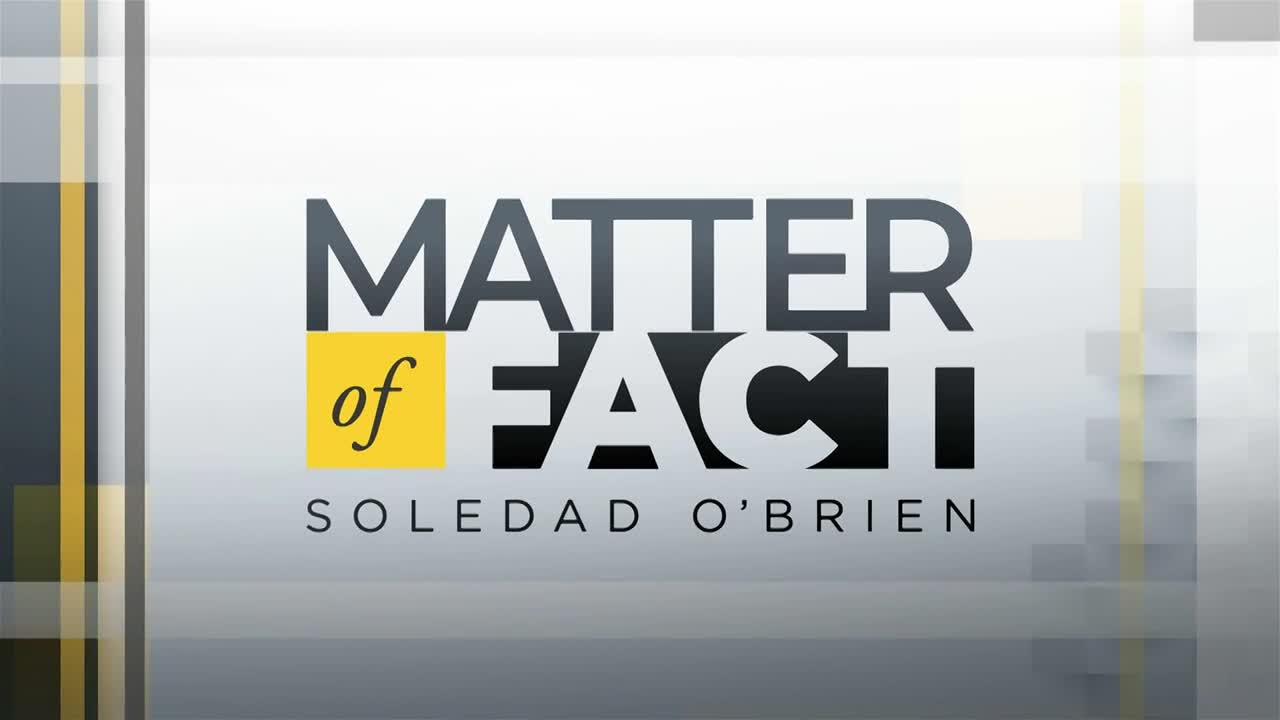
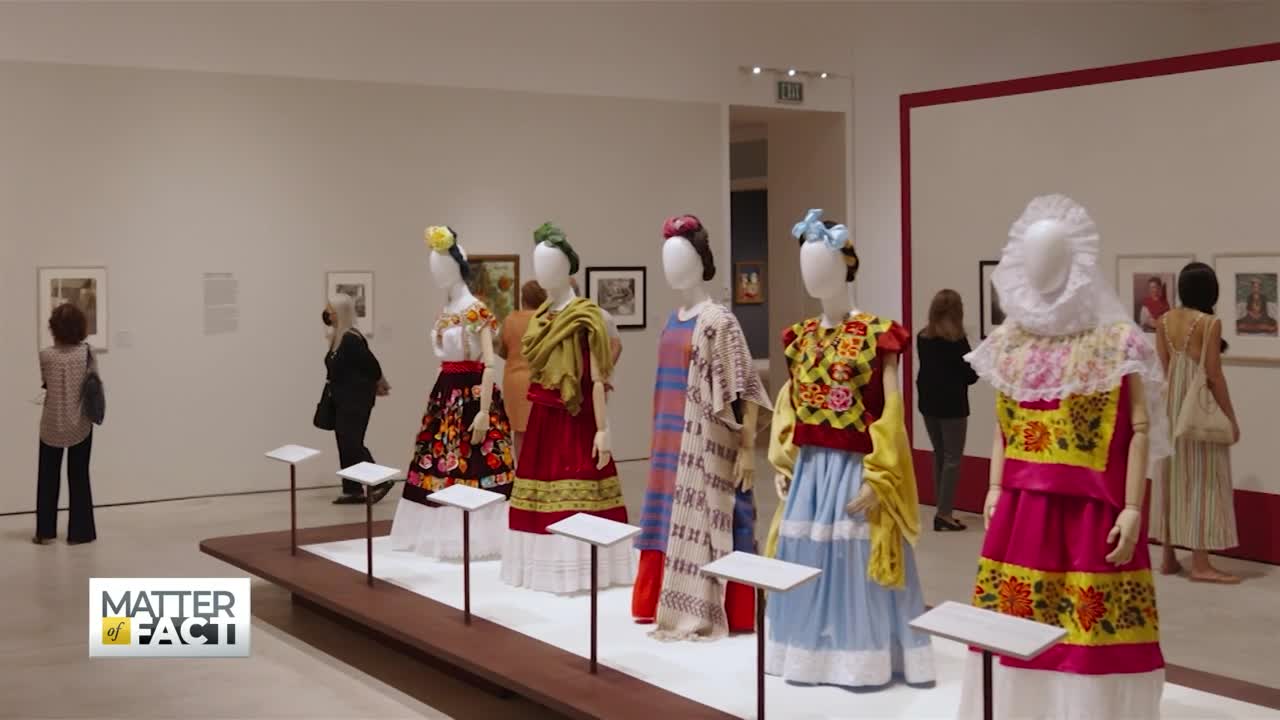
A new exhibition in South Florida is celebrating Frida Kahlo, the legendary Mexican artist. Behind her iconic self-portraits is the power of perseverance. She was bedridden by a horrific accident and spent years isolated from her loved ones. Still, she painted dozens of fierce, vibrant works of art. The Norton Museum of Art planned to open “Frida Kahlo, Diego Rivera and Mexican Modernism” last year, but now the pandemic is giving the exhibit a deeper meaning.

In 2020, a Minneapolis police officer killed George Floyd, sparking national outrage and a demand for change. Derek Chauvin was convicted of his murder, and three other former officers are also facing charges, but advocates say that’s not enough. On Tuesday, Minneapolis residents will vote on an amendment to the city’s charter. If it passes, that would limit the size and scope of the police department, and incorporate a public health approach. Soledad talks to Minister JaNaé Bates, the Communications Director for Yes 4 Minneapolis, the coalition behind the proposal.
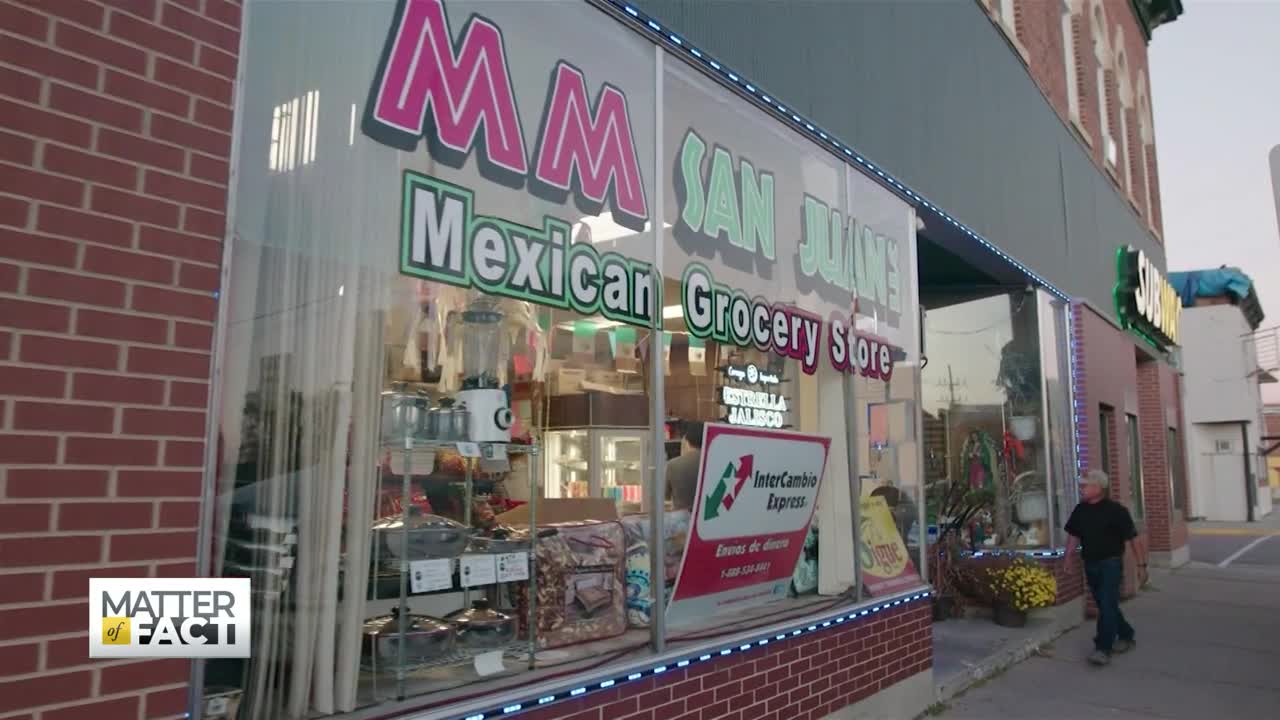
The United States is getting more diverse by the year. For some rural regions, that’s mostly due to immigration. Over the past two decades, the Latino community in Arcadia, Wisconsin has expanded rapidly, filling the increasing demand for labor. Now, they outnumber natural-born residents. Correspondent Jessica Gomez shows us how this change is impacting the community.

This week on Matter of Fact, a look at the supply chain crisis, as it keeps products off of shelves and is causing prices to spike. Correspondent Dina Demetrius talks to a business owner who is anxiously waiting for his products to arrive. Plus, America has a drinking water problem. Catherine Coleman Flowers is a MacArthur Genius Award winner, and the founding director of the Center for Rural Enterprise and Environmental Justice. Soledad talks to her about how she’s looking for solutions to help communities suffering from lack of access to clean water. Then, how California’s shrinking Salton Sea is polluting the community around it.